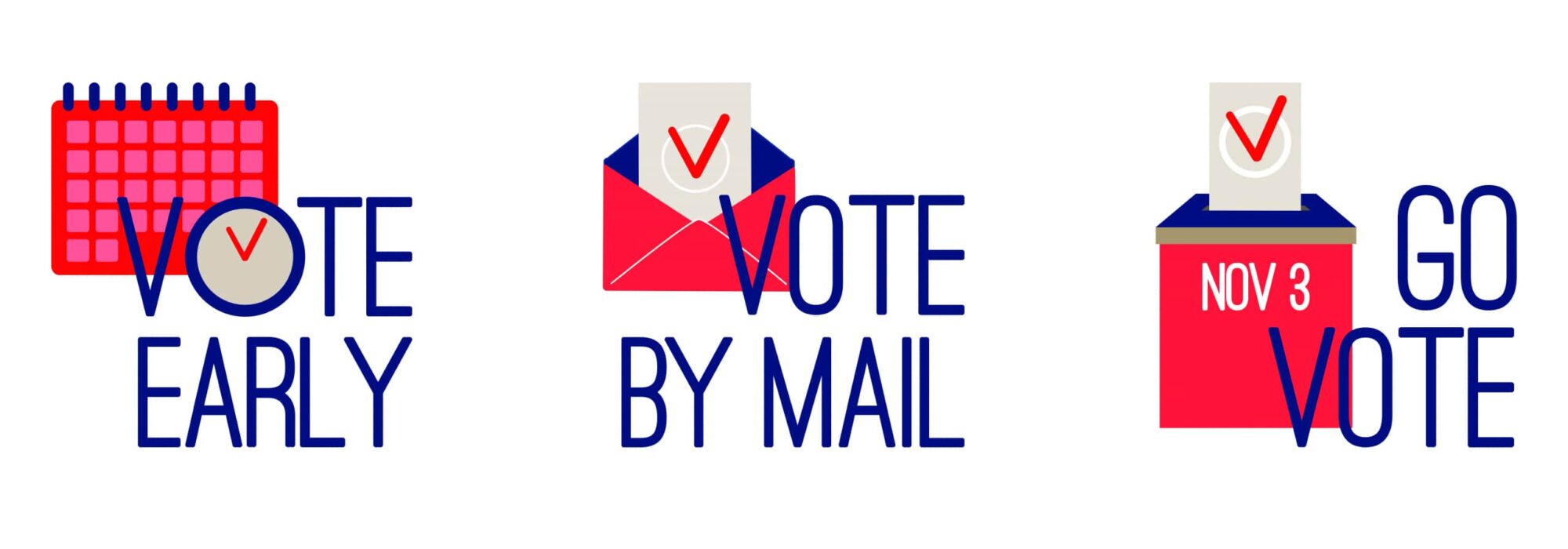9 Days Remaining
Citizens have the right to vote. It is their prerogative to make their own decision as to whether they want to exercise that right during local and federal elections. However, the decision has been made for so many throughout our nation’s history, which is antithetical to the words Abraham Lincoln so famously spoke during The Gettysburg Address in 1863: “government of the people, by the people, for the people.” A continued barrier to voter access has been the elimination or reduction of early voting options, and limited voting hours at polling locations. Large percentages of American citizens use early voting as their way to perform their civic duty, and reduced early voting or voting hours works to suppress these voters’ voices from being heard.
Many in this country do not have the liberty of taking time off of their job or other commitments to ensure they are able to vote on Election Day. This is especially true of low-income and working-class citizens, as they often have less flexibility with their shifts. This means they are forced to choose between getting paid, or voting. Those with inflexible child care arrangements are similarly impacted. Limiting early voting or reducing voting hours is not merely an inconvenience for these folks. It makes voting an impossibility.
This form of voter suppression disproportionately affects historically marginalized groups, such as those in low-income areas, those with disabilities, the elderly, and especially, communities of color. The choice to exercise their right to vote is decided for them, as they are unable to find a way to make it to the polls on the day of the election.
If people are forced to choose between their livelihood or voting, the choice is simple. However, not being able to participate in the democratic process and ensure adequate, diverse representation can subsequently impact their livelihood, as they have no say in the officials who will take office and work on policy that will affect their lives.
Early voting works, as does increasing the hours or days during which citizens can go to the polls. In fact, research by the Brennan Center for Justice found that early voting has the added advantage of helping elections run more smoothly by diminishing long lines, improving poll worker performance, and allowing earlier detection and correction of any systemic problems with registration, voting machines, or ballots. We cannot compromise our representative democracy by allowing these barriers to voter access to be sustained. Federal, state, and local governments must prioritize the people, and allow them a say on Election Day.





